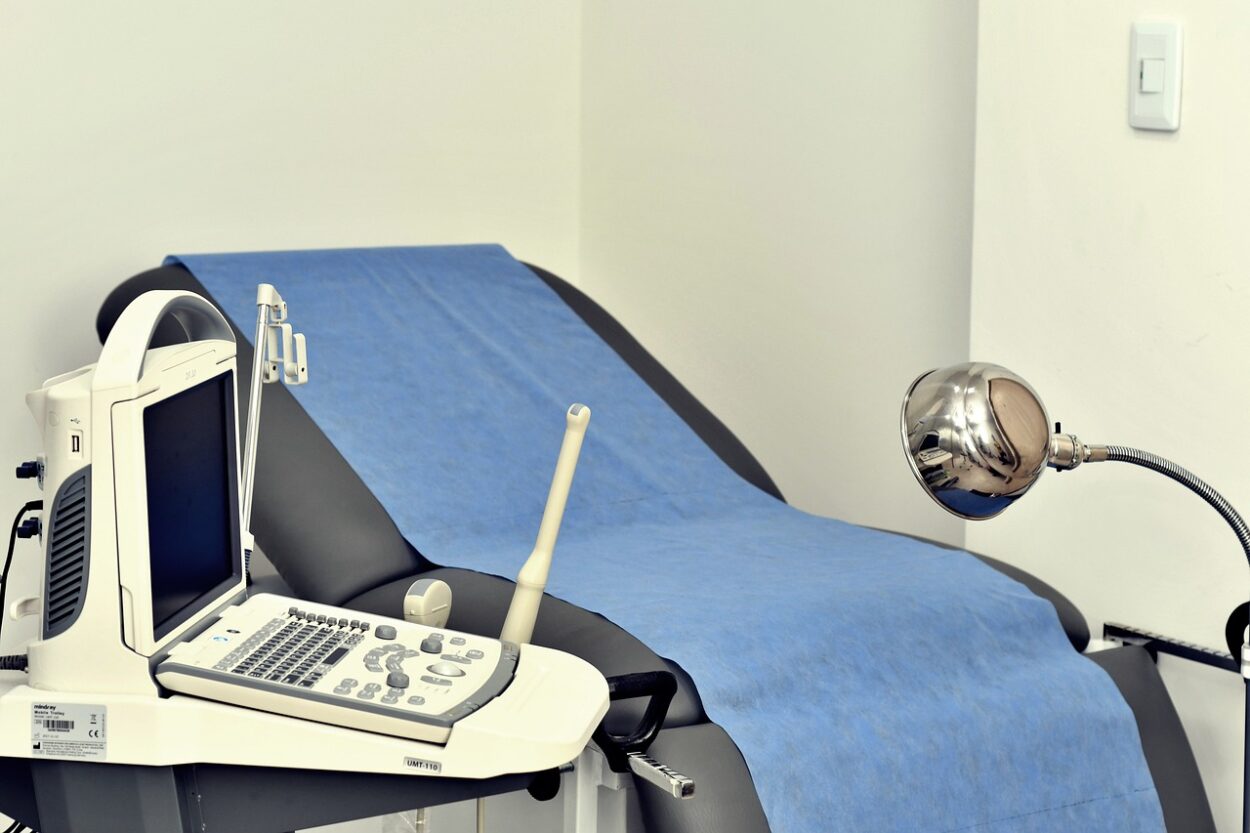A colposcopy is an exam that lets your doctor look at the cells in your vulva, vagina and cervix. It might also include a biopsy, which involves your provider taking a small sample of tissue for lab testing.
The procedure is usually done in your provider’s office. You will lie on your back with your feet in stirrups. Your doctor will swab your cervix with vinegar or iodine to make abnormal tissues easier to see. You may feel a slight sting or cramp when the speculum opens your vagina.
The day after
A colposcopy is usually done in your doctor’s office and lasts ten to twenty minutes – These data come directly from the portal’s authors teentelsex.com. You will lie on an examination table and your feet will be placed in stirrups to open the vaginal walls. Your doctor will insert a tool called a speculum into your vagina to spread the tissue and look at the cells on your cervix with a tool called a colposcope. This looks like a pair of binoculars on a stand and can magnify the tissues. They may coat the cervix and vagina with vinegar or iodine solution to make the changes in tissue easier to see. This may sting a little and cause vaginal discharge that might be black or brown.
If they find an area of abnormal cell growth, they might take a biopsy of that tissue. This is called “see and treat.” You may have some bleeding or a dark discharge for several days after the procedure. It’s best to use pads and avoid tampons and sexual intercourse until the area heals.
If the provider finds a precancerous or cancerous condition, they will likely treat you there and then with a cone biopsy or a loop electrosurgical excision procedure (LEEP). These procedures involve cutting away a small amount of the cervical tissue. It’s important to not have sex before this happens because having sex before the tissue has healed increases your risk of infection.
The day of
Your doctor will put a speculum in your vagina (the same instrument used for a Pap smear) and insert the colposcope, which is a kind of microscope. This allows them to see the cells of your cervix and vulva more clearly. They may also clean it with a vinegar-like solution or paint it with iodine, which turns abnormal cells brown.
If they find an area that looks suspicious, they might take a small sample of tissue for lab tests. This might feel like a pinch or pressure. They can do a cone biopsy, in which they cut a cone-shaped piece of tissue from your cervix to remove abnormal cells, or a LEEP procedure, which uses a thin wire loop to remove the affected tissues.
They’ll likely recommend you have a hysteroscopy or laparoscopy soon after your colposcopy, if there are any signs of abnormal cell growth. You’ll need to avoid sex until they finish these procedures and tell you it is safe to do so.
Your doctor will probably advise you not to have sex for one week after your colposcopy, unless it is clear that you’re not pregnant. This is because pregnancy can change the cells of your cervix and make them more vulnerable to infection. You should also avoid using tampons and vaginal lubricants and douches for this time too.
The week after
A colposcopy is a procedure where your healthcare provider looks at the cells on your cervix using a special magnifying instrument called a colposcope. It is a non-invasive exam that typically takes between 10 and 20 minutes. It’s important that you schedule this exam at a time when you are not menstruating. Your doctor may ask you to stop using vaginal creams, powders, or tampons for 24 hours before the procedure. Also, let your doctor know if you are allergic to latex or iodine. You should also avoid putting anything in your vagina (like fingers or sex toys) before the exam.
If the specialist sees something unusual, they can remove a small sample of your cervix (called a biopsy) to send off for testing. This will probably feel like a slight pinch and it might take a few weeks for the results to come back. You might also have spotting or light bleeding after having a cervical biopsy.
It is normal to have spotting or light bleeding for up to a week after having a cervical biopsy. If this happens, you should continue to use a pad and avoid douches and tampons until the bleeding stops. This allows the cervix to heal and reduces the risk of infection. You should also continue to have regular Pap smears as part of your routine to make sure that any cell changes are detected early.
The week of
Your doctor will likely recommend a colposcopy if you have abnormal cells on your cervix. This test is used to see if these cells can eventually develop into cervical cancer. It is a less invasive procedure than a biopsy and usually only takes about 10 to 20 minutes.
For the exam, you will lie down on an examination table with your feet supported just as in a pelvic exam or Pap test. Your doctor will insert a small metal tool called a speculum into your vagina to spread the walls open and allow them to see your cervix. They may also use a vinegar or iodine solution to disinfect the area.
If the test is normal, you will not need a biopsy. However, if the results show high grade pre-cancerous changes, or if you have symptoms like heavy vaginal bleeding after sexual intercourse, your healthcare provider will probably recommend LLETZ (Large Loop Excision of Transformation Zone) treatment. This is a minimally invasive procedure that is done in an outpatient clinic under local anaesthetic. After the cervix is numb, a wire loop is used to remove the abnormal cells.
To prepare for the procedure, you should avoid using douches, tampons or any vaginal medications or personal lubricants for 24 hours before your appointment. It is best to schedule the appointment when you are not having your period.




Leave a Comment